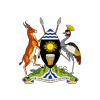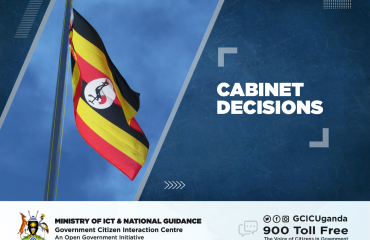
The battle against corruption requires multifaceted strategies, and the media is a potent ally in this fight.
On November 29, 2023, in an event graced by the Minister for ICT and National Guidance, Dr. Chris Baryomunsi, the Heads of Anti-Corruption Agencies (ACAs) in Uganda, led by the Inspector General of Government Beti Kamya Turomwe, engaged the media proprietors and editors on the war against corruption as part of the activities to mark International Anti-Corruption Day 2023 to be commemorated on December 9, 2023, under the theme “Strengthening Partnerships in the War Against Corruption“.
The aim was to create an understanding of the mandates of the different ACAs and the challenges they face, with the objective that the media would in turn relay their expectations and challenges faced in their work with the ACAs.
The media can contribute positively to the war against corruption in Uganda through;
Exposing Corruption
Media outlets can act as watchdogs by investigating and exposing corrupt practices. Through in-depth reporting and investigative journalism, they can bring to light instances of corruption, create public awareness, and foster a demand for accountability. The corrupt fear exposure because it checks impunity and encourages accountability, and the media provides this crucial exposure.
Educating the public
A well-informed public is crucial for any anti-corruption effort. Media channels can educate citizens about the detrimental effects of corruption on society, the economy, and governance. This knowledge empowers the public to actively engage in the fight against corruption.
Promoting Transparency:
Media platforms can advocate for and facilitate transparency in government activities. By regularly scrutinising government policies, expenditures, and decision-making processes, they can hold officials accountable and encourage a culture of openness.
Facilitating public discourse:
The media serves as a forum for public discourse. Through talk shows, debates, and opinion pieces, it can foster conversations about corruption, its root causes, and potential solutions. This dialogue engages citizens and policymakers alike, creating a collective momentum against corruption.
Supporting Whistleblowers:
Whistleblowers play a crucial role in exposing corruption. Media outlets can provide a safe platform for whistleblowers to come forward, protecting their identities while ensuring that their revelations reach the public eye.
Advocating Legal Reforms:
The media can advocate for and influence legal reforms that strengthen anti-corruption measures. By highlighting gaps in existing legislation and showcasing successful anti-corruption models from other countries, the media can push for effective legal frameworks.
Monitoring Anti-Corruption Initiatives:
Media outlets can actively monitor the implementation of anti-corruption initiatives. Regularly assessing the impact of policies and measures ensures accountability and provides feedback for continuous improvement.
In a nutshell, the media emerges as a potent force capable of catalysing change by significantly creating a more transparent, accountable, and corruption-free society. The synergy between media, citizens, and policymakers is paramount to building a resilient anti-corruption front.



